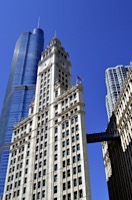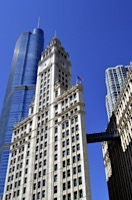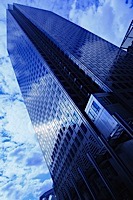
Word has been circulating for months that Tencent has invested US$ tens of millions in Innovation Works, the Chinese startup incubator founded by former Google China head Kaifu Lee. Innovation Works spokesman Wang Zhaohui confirmed part of the speculation last night, saying Tencent did invested in the Chinese startup cradle, but refused to disclose the exact sum.
According to local news, investors behind Innovation Works’ back include HTC, Tencent, Russia-based DST, profound American angel investor Ron Conway and Bloomberg, mayor of New York city. People close to Innovation Works disclosed that the Chinese incubator now owns a fund of over RMB 800 million (US$ 123 million).



 This Mac Conway fellow, you might be wondering, now just who was he again? Yeah, he's the guy who started Site Selection 'n all, but did he ever do anything else? I'm kinda in a hurry here, pal. So just tell me who this dude was like.
This Mac Conway fellow, you might be wondering, now just who was he again? Yeah, he's the guy who started Site Selection 'n all, but did he ever do anything else? I'm kinda in a hurry here, pal. So just tell me who this dude was like.














